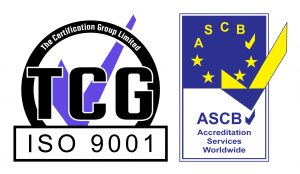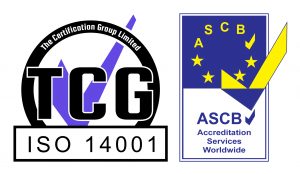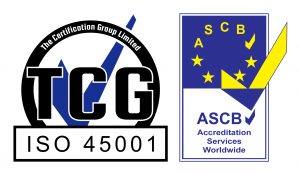The Farming Rules for Water have been causing quite a stir in the farming and organic’s recycling industry over the past few weeks. The recent Regulatory Position Statement published by the Environment Agency on the spreading of organic manures for this autumn has fuelled significant interest, debate and confusion right across the land-spreading sector!
The Farming Rules for Water, underpinned by the Reduction and Prevention of Agricultural Diffuse Pollution Regulations (England) were originally published back in April 2018. This set out eight rules relating to the management and use of organic manures (including manures, composts, digestates, biosolids and any other type of organic amendment) and manufactured fertilisers aimed at reducing diffuse pollution from agriculture.
Regulation of these Rules by the Environment Agency has been relatively light touch to date however the regulators have been busy gearing up for more visible regulation on farm and through various regulatory pathways (Sludge Regs, Exemptions, Environmental Permitting etc) that permit the application of organics to land.
Most of the uproar relates to Rule 1 of the Farming Rules which effectively rules out most autumn applications of nutrients, requiring 5 yearly soil testing and Nutrient Management Planning.
There has been technical push back on this Rule from farmers, advisors, producers of organic materials and farming associations, including an assessment of the Impact of the Farming Rules for Water published by the AHDB in June 2021.
Earlier this week (25th August), the Environment Agency provided further clarification of using the RPS which states;
If you follow the conditions in this RPS, you can have a plan to apply organic manure to agricultural land that may exceed the needs of the soil or crop on that land provided there will be no risk of pollution.
There is a hierarchy of actions.
- If you can follow farming rules for water, rule 1, then you do not need to use this RPS – carry on with your planned activities.
- If you can follow the conditions in this RPS – tell the Environment Agency you are using this RPS as described in the ‘contact’ section, and carry on with your activities.
- If you cannot comply with the conditions in this RPS, email enquiries@environment-agency.gov.ukor call 03708 506 506 (general enquiries). The Environment Agency will assess the risk of your activities. For this autumn, they will allow activities that will not cause significant risks (significant risk may result from repeated applications to the same field or spreading close to protected sites, such as Natura 2000 sites). You must not start your activities until the Environment Agency confirms you can do so.
Lots of farmers and producers of organic amendments have been in touch with us to seek clarification on what they can and can’t do with their materials, particularly this autumn now that harvest is coming to a close and autumn seeding is about to start.
Unfortunately, there is no one size fits all answer, and it is important to seek advice from a FACTS qualified advisor to put together a nutrient management plan for your applications going forwards as well as reviewing your storage capacity for your materials.
Nutrient management plans should be living beasts and need adapting and updating as things evolve on farm throughout the year. Done properly, this can actually save you considerable amounts of money and resources and have your records all in order for any assurance inspections or regulatory audits.
Publication of the Farming Rules for Water, alongside the Government’s 25 Year Environment Plan, the new CoGAP for reducing ammonia emissions and other policy changes including the new Environment and Agriculture Bills all point towards more controlled and more restricted management practices on farm, and UK policy has been on this path for several years.
Farming is Changing, and this is why our sister organisation, 4R Reassurance, was born. Launched nearly two years ago, we set-up dedicated on-farm services to help our customers navigate these changes on the horizon. We provide full farm Nutrient Management Planning, including regular visits to keep your plan up-to-date and relevant. The majority of our customers have saved money by reducing their reliance on expensive manufactured fertilisers, optimising soil health through use of more organic amendments.
Environmental protection needs to be high up on the agenda of all land-based organisations and farming is no exception. Careful management of manures and slurries, and any other source of crop nutrients is vital in safeguarding water quality and soil health.







